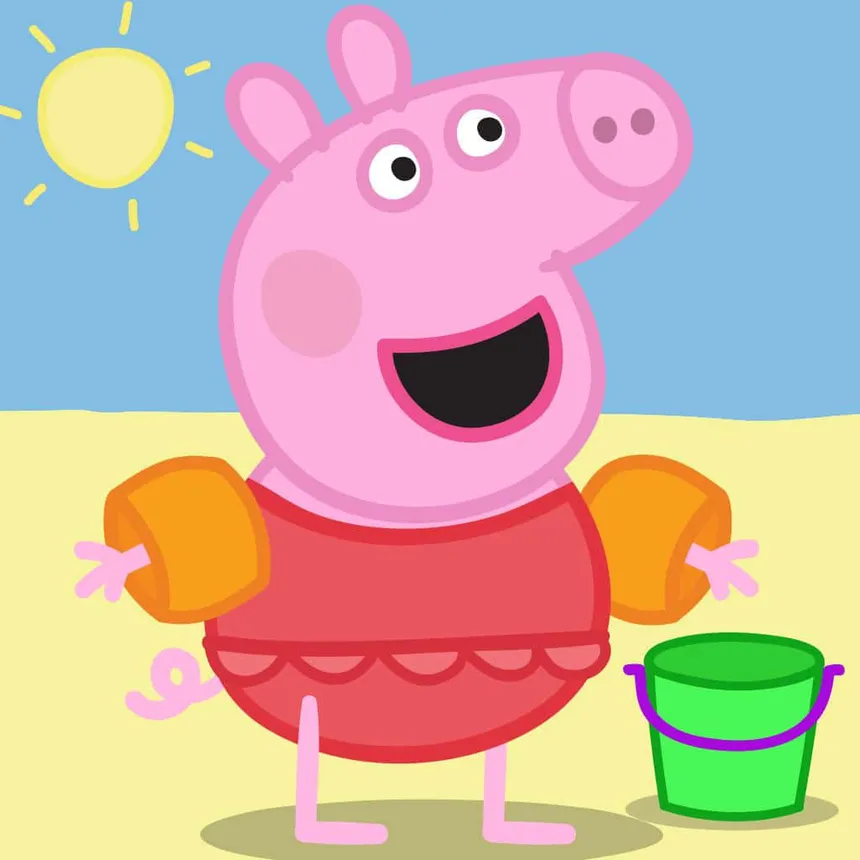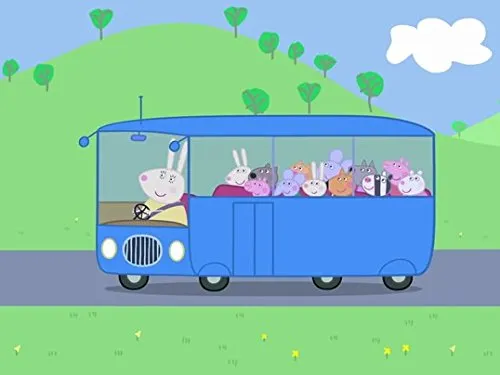The Australian Broadcasting Corporation’s (ABC) ban on an episode of Peppa Pig’s “Spider Web” has sparked controversy in Australia, with many questioning the decision. The episode features Peppa and her family befriending a friendly spider named Mr Skinny Legs, with Peppa encouraging her mother not to be afraid of him. Despite not promoting complacency towards spiders, a single viewer complaint led to the ban. However, the episode is not attempting to downplay the dangers of spiders, but rather teaches children to face their fears in a responsible and controlled environment.
This ban raises important questions about the role of television in shaping children’s perceptions of the world. Should parents be concerned about the content of children’s shows, or is it a mistake to overestimate their impact? The controversy highlights the importance of considering the role of television in shaping children’s perceptions, rather than catastrophizing every perceived danger. The ban is a prime example of how television can be hijacked by fear-mongering and over-caution, and it is time for the nation to rethink its approach to children’s television.

A Still From Peppa Pig (Photo: Peppa Pig)
The episode’s value lies in its ability to show children how to navigate their fears in a positive and constructive way. This is a valuable lesson for children, teaching them to face their fears in a responsible manner. The previous episode featuring Mr Skinny Legs shows Peppa being afraid of him, and she eventually overcomes her fear, which is a more realistic and educational approach to dealing with spiders. The Australian Broadcasting Corporation’s decision to ban the episode seems to be an overreaction to a perceived issue, rather than promoting educational programming that prepares children for the world.
In reality, most Australians are able to separate Peppa Pig from reality and understand the dangers of spiders, making the ban unnecessary and potentially detrimental to children’s development. It is crucial for children’s television to promote realistic and educational programming that prepares them for the world, rather than fueling fear and paranoia. The Peppa Pig ban is a prime example of how fear-mongering can lead to over-caution, and it is essential for the nation to rethink its approach to child-centric programming.



















